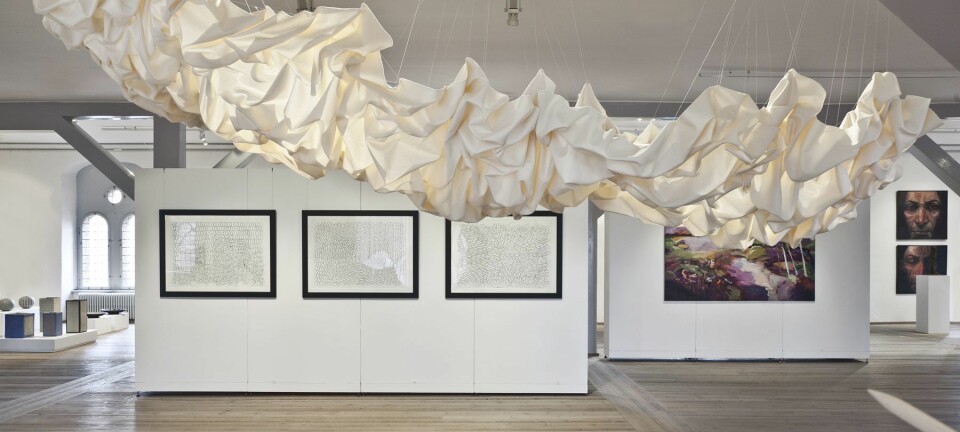
Can noise make you sick?
A new study will examine whether daily exposure to loud noise increases the risk of cancer and diabetes in women.
Do you live next to a construction site or a busy highway? Ever wondered if the noise affects your health?
This is what researchers from the University of Copenhagen are trying to find out in a new research project, which will investigate whether there is a link between traffic noise and illnesses such as diabetes, breast cancer, and cardiovascular diseases.
"It‘s important to gain more knowledge about the relationship between noise and disease, because we do not know enough about it," says project leader Zorana Jovanovic Andersen, associate professor at the University of Copenhagen.
The researchers will examine how much noise 30,000 women are exposed to in their daily lives, depending on whether they live in the countryside, in the middle of a city, or right next door to a noisy highway.
Scarce research in noise and disease

The researchers hope to examine the relationship between noise and a number of diseases, but initially they will focus on breast cancer, cardiovascular disease, and diabetes.
Previous research has suggested a link between noise and these diseases, but Andersen stresses that we still do not know enough to say whether or not there is any danger from daily exposure to noise.
"In this study, we’ll use new data that have not been used before. For example, an earlier study of noise from the Danish Cancer Society looked at people living in two Danish cities, Copenhagen and Aarhus, but our study will include women scattered throughout the country," says Andersen.
According to Andersen, the relationship between air pollution and a number of diseases is already well known. But air pollution and noise often go hand in hand, making it hard to tell the difference between the two--and to know which one is responsible for causing any subsequent illness.
"It’s very important to distinguish between air pollution and noise, if one is to take preventive intervention that’s needed in the fight against these diseases," says Andersen.
This is just what the new study aims to achieve--eliminating the affects of air pollution, so that the scientists can pinpoint the health impacts of noise.
Collecting data of Danish Nurses
Andersen and her colleagues are using the Danish nurse cohort--a register containing information on 30,000 nurses collected from 1993 to today--to collect the health data needed for the study.
This tells them where nurses live and provides information about their health and lifestyle: for example, whether they smoke, if they are stressed, and whether they work at night. But using a nurse register has advantages and disadvantages.
"It’s a disadvantage that the cohort contains only information about women--but it’s [still] very representative. For example, the nurses are similar to other Danish women when it comes to levels of smoking and alcohol intake," says Andersen.
An important project
Henrik Kolstad, a professor of occupational medicine at Aarhus University Hospital, Denmark, also thinks that it is important to understand the possible links between noise and disease.
"There are already studies that have shown links between noise and various chronic diseases, and it’s an important topic because noise affects so many people. So it’s important to confirm or deny earlier findings on the issue," said Kolstad.
According Kolstad, health researchers do not know how and why noise could cause disease.
"It’s important that the project consider the possible causal mechanisms. Earlier, we thought that stress could be an explanation, but to my knowledge there is no good data to support this. If this new project can shed light on this and other hypotheses, it’ll be an important contribution," he says.
Right now, Andersen and colleagues are just aiming to demonstrate consistency with previous research. They have now obtained all the data they need to begin work and hope to have the first results ready by summer 2016.
-------------
Read the Danish version of this article on Videnskab.dk
Translated by: Catherine Jex










